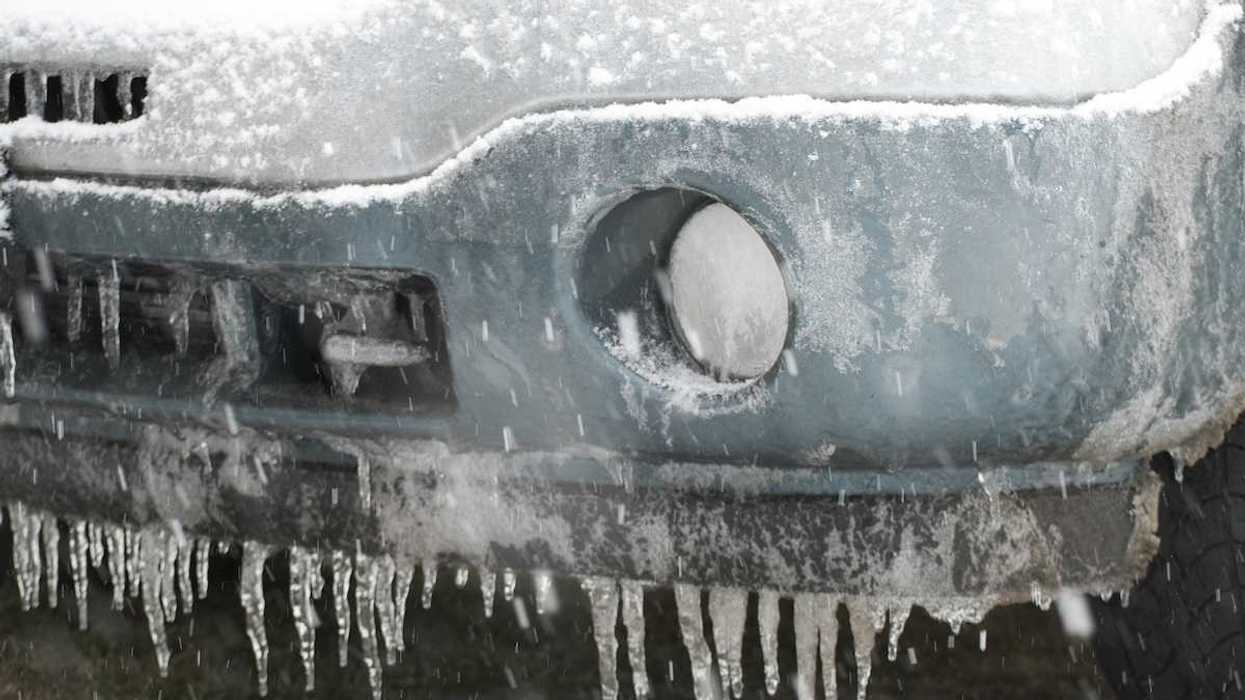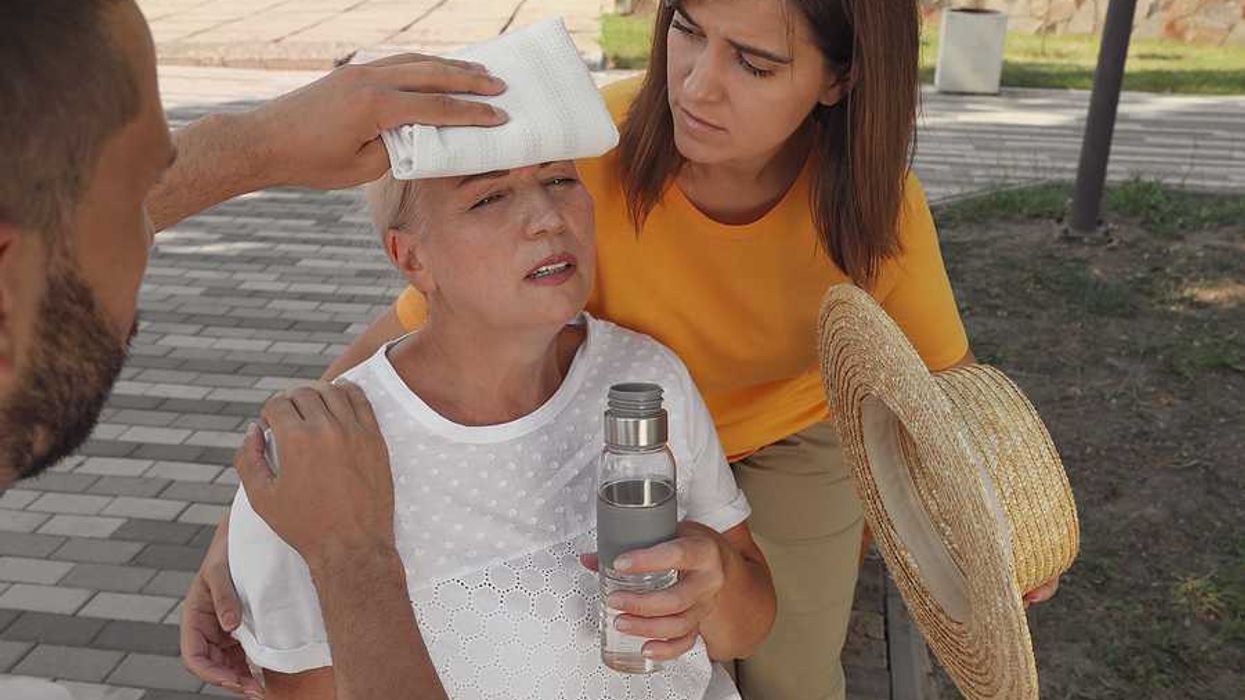One year away from the deadline to reduce farm runoff into the Gulf of Mexico by 20%, the goal remains out of reach.
In short:
- Fertilizer runoff from Midwest farms flows into the Mississippi River, creating a "dead zone" in the Gulf of Mexico and affecting drinking water upstream.
- Despite over 25 years of federal efforts and billions in funding, targets for reducing runoff are far from being met.
- The "Farm to Trouble" series explores potential solutions and examines the ongoing impact of agricultural runoff on the environment.
Why this matters:
Unchecked agricultural runoff degrades water quality, harms marine ecosystems and poses risks to human health. The health of the Gulf of Mexico’s ecosystem is at stake, affecting marine biodiversity and the livelihoods of communities dependent on fishing and tourism. The persistent pollution contributes to broader environmental concerns, such as water quality issues and the resilience of coastal ecosystems against climate change.














